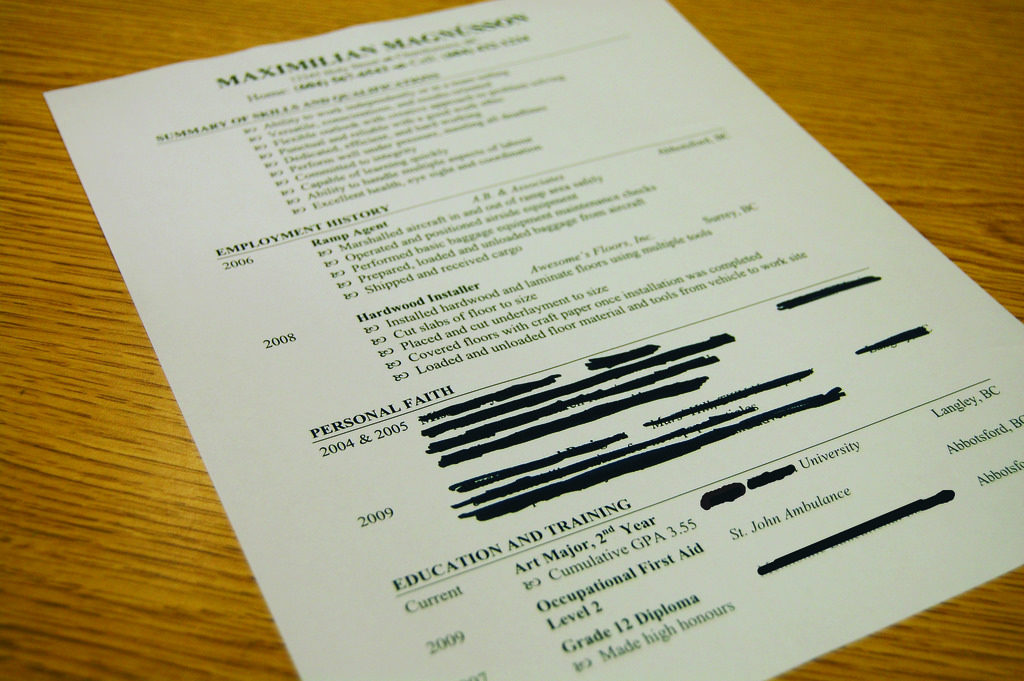
Most consumers would have a difficult time purchasing a new or used vehicle without the help of financing from a bank, credit union, or another lender. Vehicle loans allow a prospective car buyer to receive a lump sum specifically for the purchase of the vehicle of their choice, and payments of that total amount plus interest charges are made over the course of months or years. The interest rate applied to a vehicle loan is dependent on the borrower’s credit history and score, but because the car is collateral for the loan, lenders are able to offer relatively low rates. Both the monthly payment and the interest rate are fixed for the life of the loan, offering predictability to the car buyer.
Given that the average price of a new car is an impressive $33,000, a vehicle loan is the best way to purchase without having to save up a significant amount of money beforehand. However, each lender provides varied repayment terms which car buyers should understand before signing on the dotted line. Most notably, having a longer repayment term may be appealing on the surface, but extending the payoff of a new or used vehicle is not always a sound financial decision. Here are a few things to consider with longer repayment terms for new or used vehicle loans.
Immediate Depreciation
Selecting a longer repayment term for a new or used vehicle loan exaggerates the problem of depreciation. For new cars, the value of the vehicle is significantly reduced the moment the owner drives off the lot. While less dramatic for used vehicle purchases, depreciation still takes place immediately after changing ownership. When a longer vehicle loan is taken out on a new or used vehicle purchase, owners may be stuck with a loan payment and remaining balance on a car that isn’t worth that much if it were sold.
Negative Equity
Depreciation takes a toll on the equity in a vehicle as well. Equity is the difference between what is owed on the vehicle loan and the market value of the vehicle. When a longer vehicle loan is chosen at the time of purchase, the combination of smaller principal payments and rapid depreciation come together to create negative equity – owing more on the vehicle that its market value. When this takes place, it can be difficult to trade in the vehicle before the loan is paid off, and car owners have no options for using their vehicle as collateral for a short-term loan. Negative equity can become a dangerous cycle of debt, especially when a vehicle is traded in before the loan is paid in full.
Higher Interest Rates
The most common term for a new or used auto loan is 60 months, or five years, but some find that the monthly payment for that repayment agreement does not fit easily into the budget. A longer loan term of 72 or 84 months may be offered by the selected lender to help ease the shock of the monthly payment; however, a lengthier term often results in a higher interest rate for the life of the loan. Again, with lower monthly payments and less of those payments applying to the principal balance, car owners will inevitably face negative equity in the vehicle unless the loan is paid in full before the end of the term.
Borrowing from a reputable lender is a smart way to finance the purchase of a new or used vehicle, but card buyers should steer clear of longer term loans when possible. Consider reducing the purchase price of the vehicle, or selecting a used car over a brand new vehicle to keep monthly payments on a shorter repayment term to avoid depreciation, negative equity, and higher interest rates on the auto loan.

















